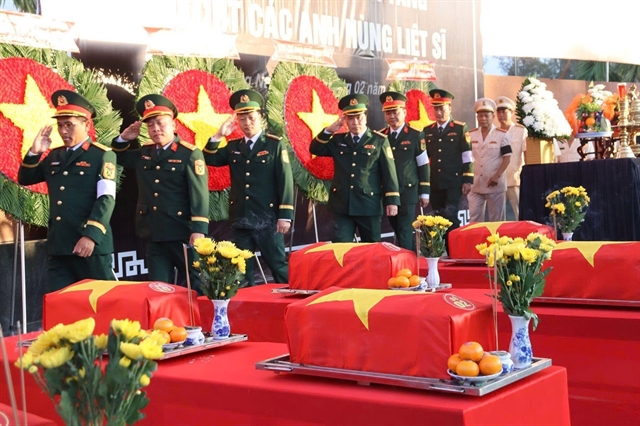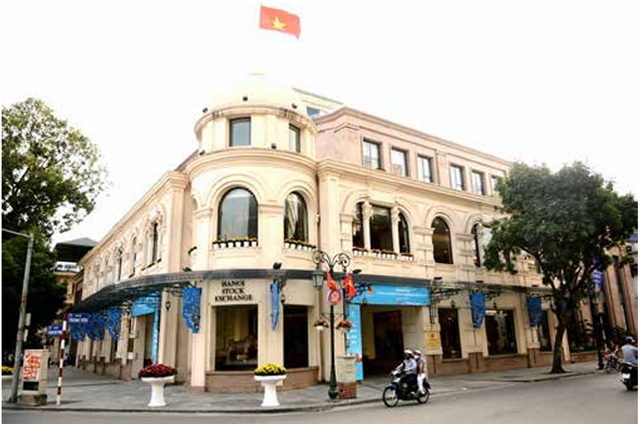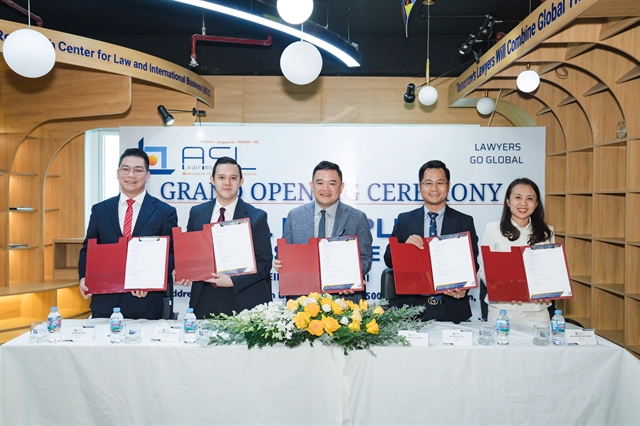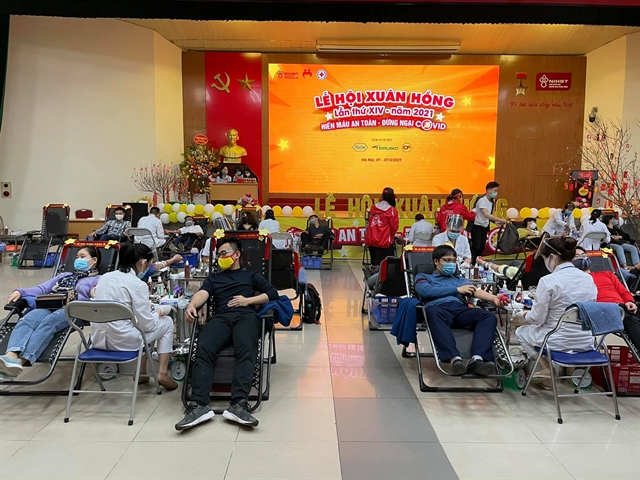 Society
Society

Young people play an important role in reducing food waste and contributing to food security, Nguyễn Tuấn Khởi, founder and CEO of non-profit Foodbank Việt Nam, said at a workshop in HCM City.
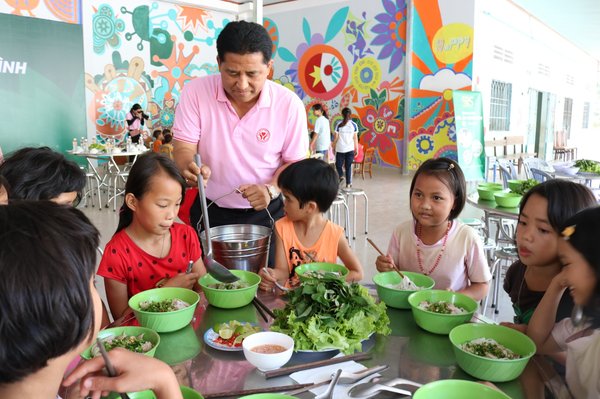
|
| Foodbank Việt Nam provides food to people in need. — Photo www.foodbankvietnam.com |
HCM CITY — Young people play an important role in reducing food waste and contributing to food security, Nguyễn Tuấn Khởi, founder and CEO of non-profit Foodbank Việt Nam, has said.
The workshop, with the theme of “Food Waste and Youth’s Responsibility” held in HCM City on Thursday, noted that many young people were taking part in Foodbank Việt Nam to minimise food waste and educate people about not wasting food.
“We are distributing food to needy people and reducing food wastage in the country,” Khởi said.
A survey by Electrolux of 4,000 households across eight countries found that Việt Nam ranked second in the food waste index in the Asia-Pacific region, following China.
After more than one year of operation, Foodbank Viet Nam has contacted food stores and a wholesale market to receive expired food that is still usable.
It is also soliciting donations of food from companies and organisations to give to the needy.
In addition, it provides free food to 10 social welfare centres and shelters in HCM City, with more than 5,000 meals provided each month.
Khởi said that he hoped the model would be expanded across the country.
Craig A. Nemitz, director of field services of the Global FoodBanking Network, said food security, climate change and malnutrition could no longer be addressed separately.
Conflict and climate extremes as well as variability are the key drivers of growing hunger rates, threatening to reverse gains made in ending hunger and malnutrition.
Hunger has a high cost to individuals, families and society, and has become a growing trend after decades of progress, he said.
It is estimated that 30 per cent of food produced each year is wasted or lost.
Food insecurity exists in every country. Ending hunger builds human capital and economies, and can boost global GDP by US$276 billion in 2030, according to Nemitz.
“It has a huge payoff for individuals, societies and the world.”
"We produce enough food but access is limited, and too much is lost," he noted.
Climate change is also a factor. About 1.3 million tonnes of edible food are lost or wasted annually.
The total cropland, for example, used to grow food that is never eaten is equal to almost all the cropland in Africa.
“If greenhouse gases from food landfills were a country, it would rank third in emissions after the US and China,” Nemitz said.
The food bank model was uniquely positioned to address both the paradox of global food insecurity and food loss and waste, he said.
About 62.5 million hungry people are served by food banks with around 2.68 million metric tonnes of food.
The Global Foodbank Network model reaches 32 countries with 811 food banks.
“Food banks can play a vital role in creating a more environmentally sustainable, just and equitable society, with their tremendous collective impact on reducing hunger, food waste, and greenhouse gas emissions that contribute to climate change,” Nemitz said.
He called on young people to take part in activities to avoid food waste and loss.
“The problems of hunger, malnutrition and under-nutrition are solvable. Change the world, we can do this,” he said.
Chinoros Benjachavakul, vice resident of C.P Việt Nam, said that one quarter to one third of all food produced for human consumption was lost or wasted.
Of the figure, about 56 per cent of lost or wasted food was in developed countries and 44 per cent in developing countries.
Young people play an important role. "Changing our behavior and habits can help reduce food loss and waste,” he said.
“We should shop 'smart', depending to our needs only and understand expiration dates,” he said, adding that some food can be used for a certain time beyond the expiration date.
Huỳnh Nhật Tân, 20, a student at the HCM City University of Food Industry, said public awareness about the negative impact of food waste on the environment would help reduce food waste.
“I'm willing to join hands with Foodbank Việt Nam’s activities as a volunteer to reduce food waste,” he said.
Foodbank Việt Nam is run by VTVCorp and the Youth Social Welfare Centre of C.P. Việt Nam Livestock Corporation, with support from the government-sponsored Việt Nam Council of the Red Cross. — VNS

